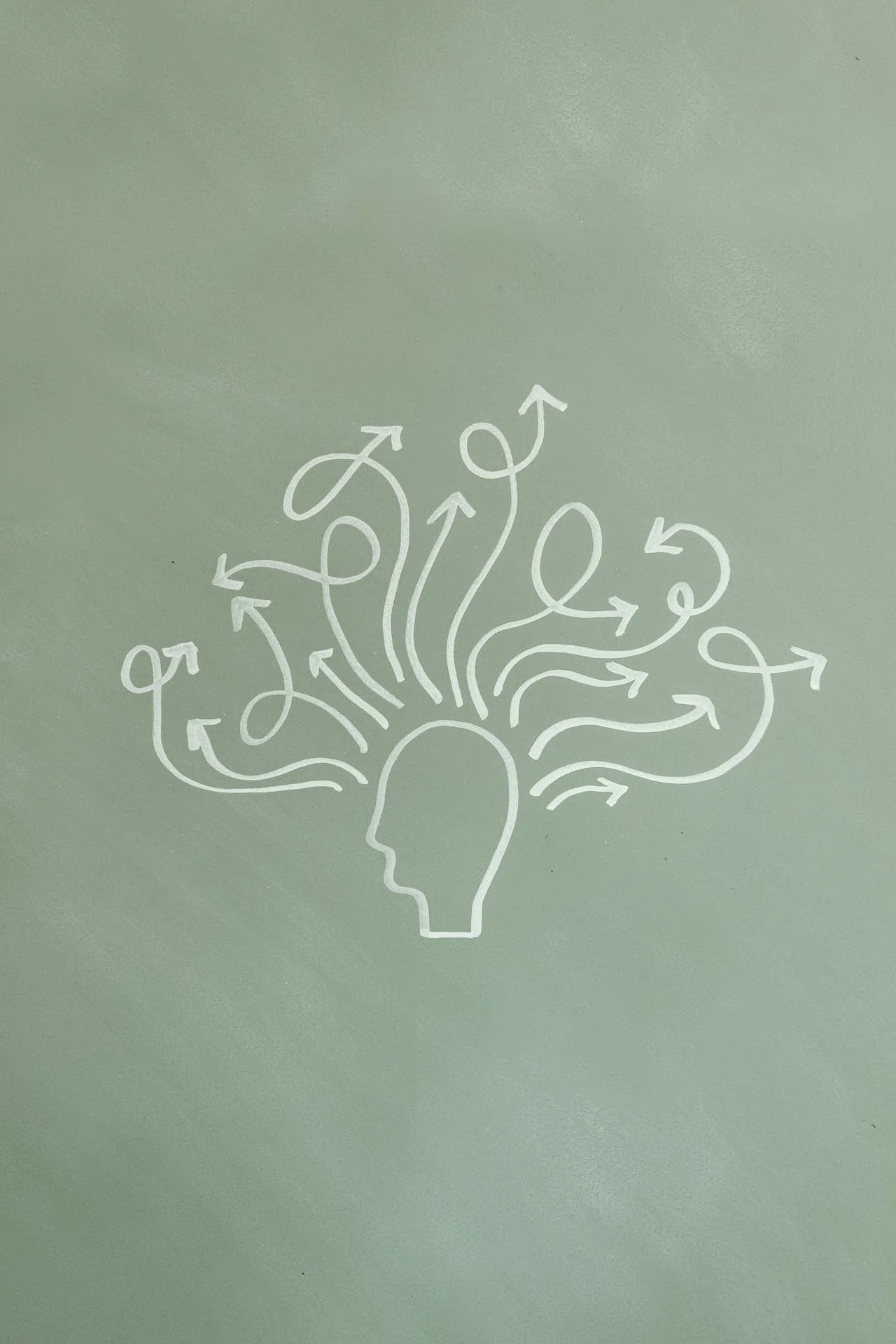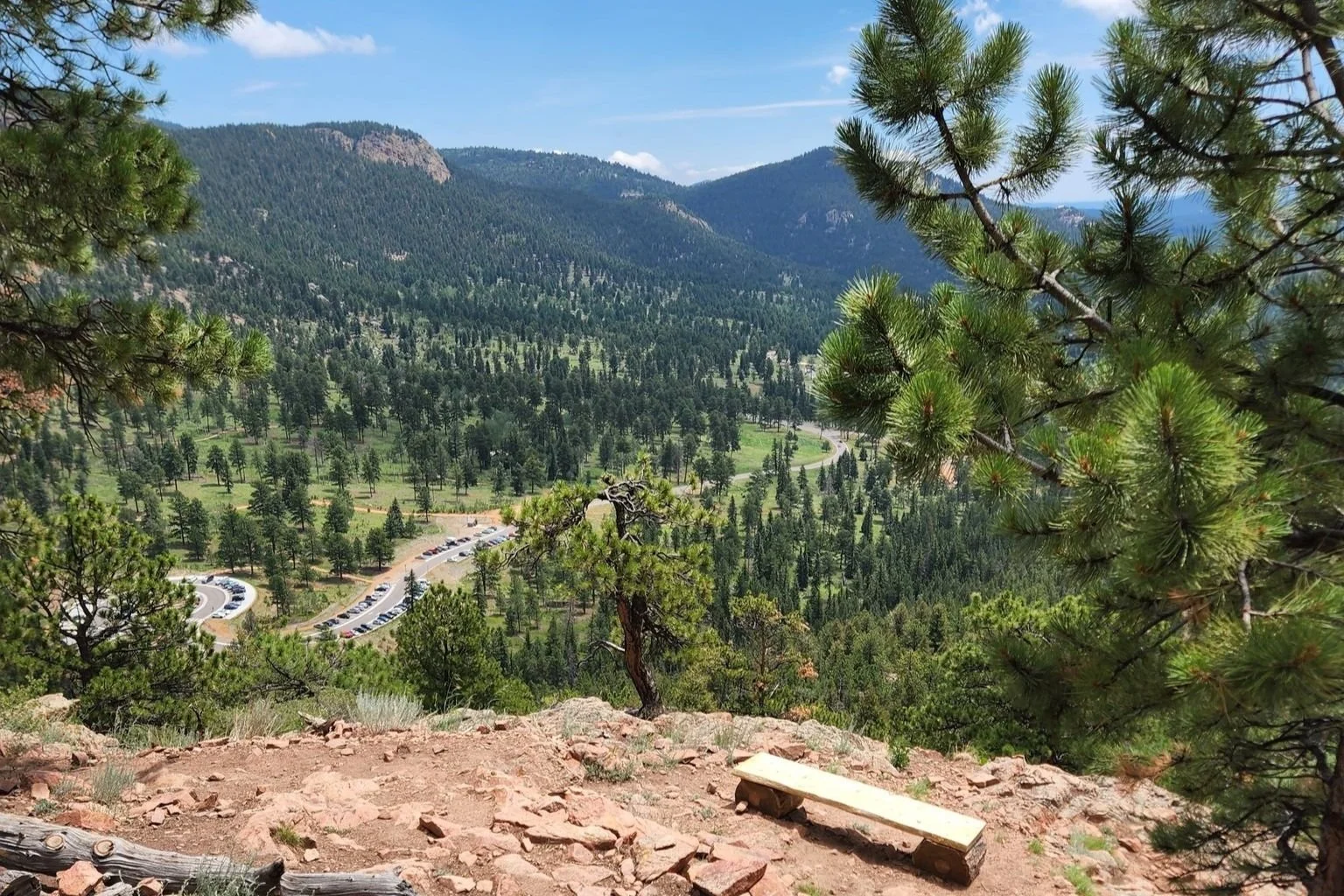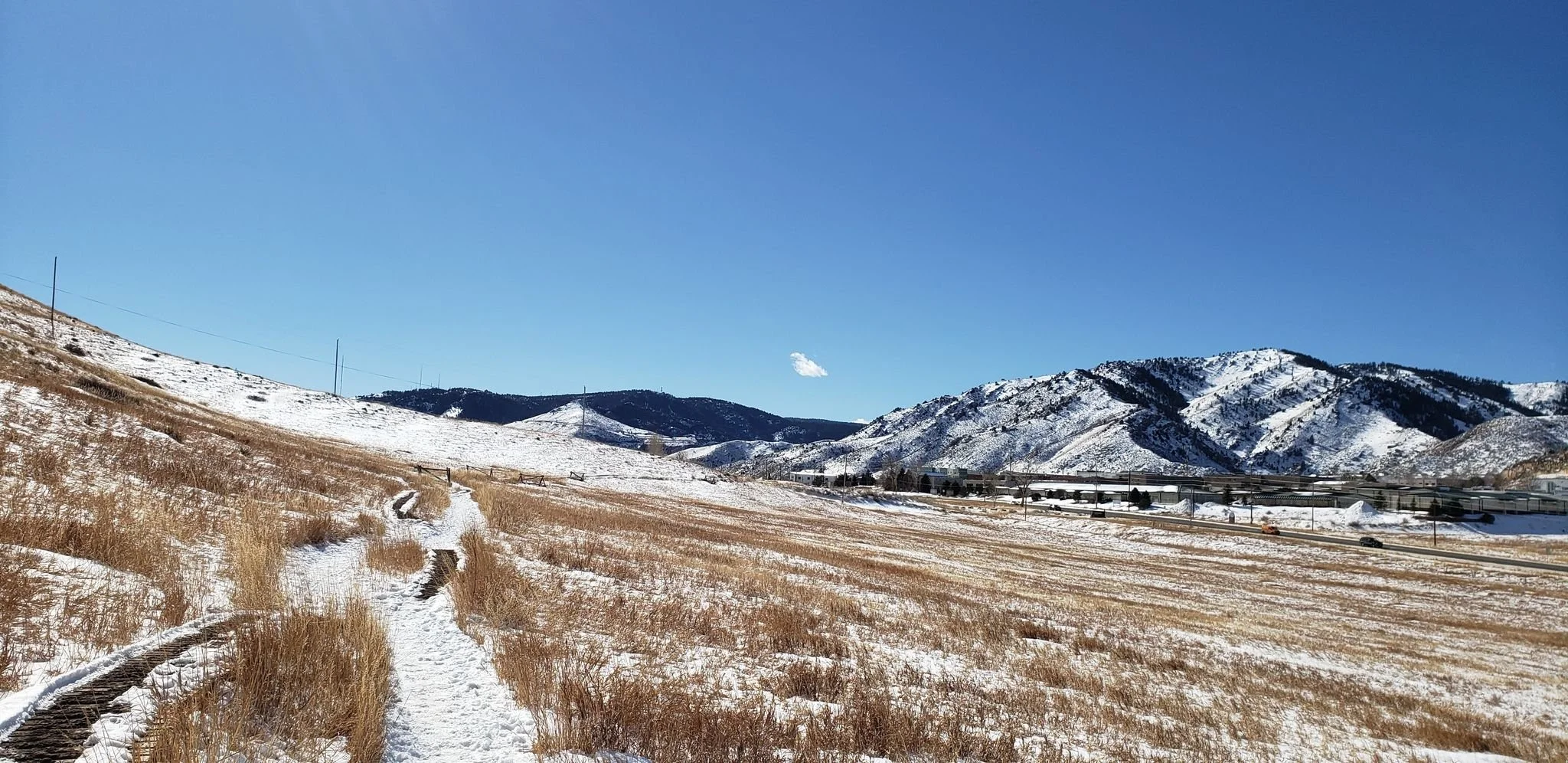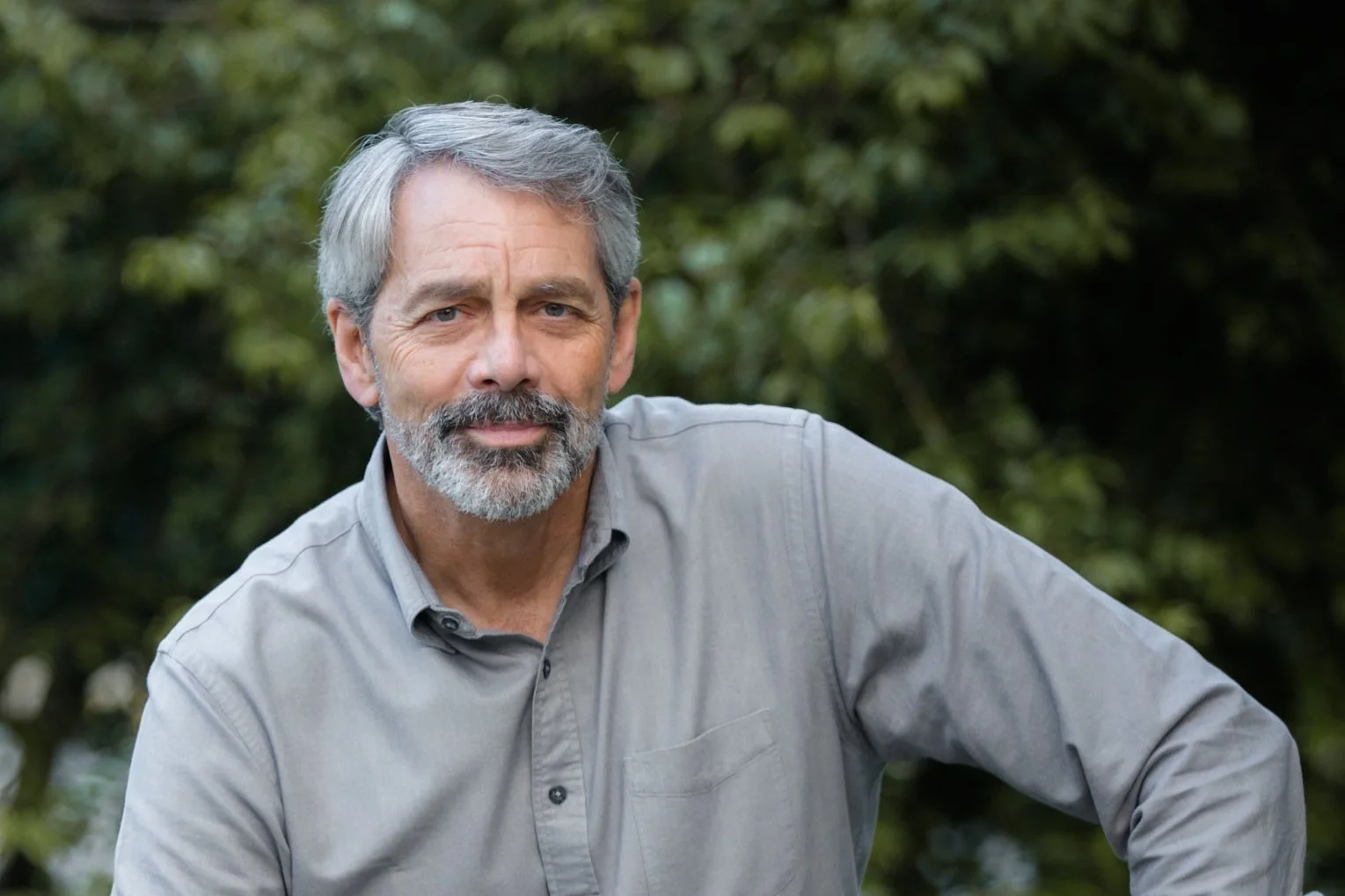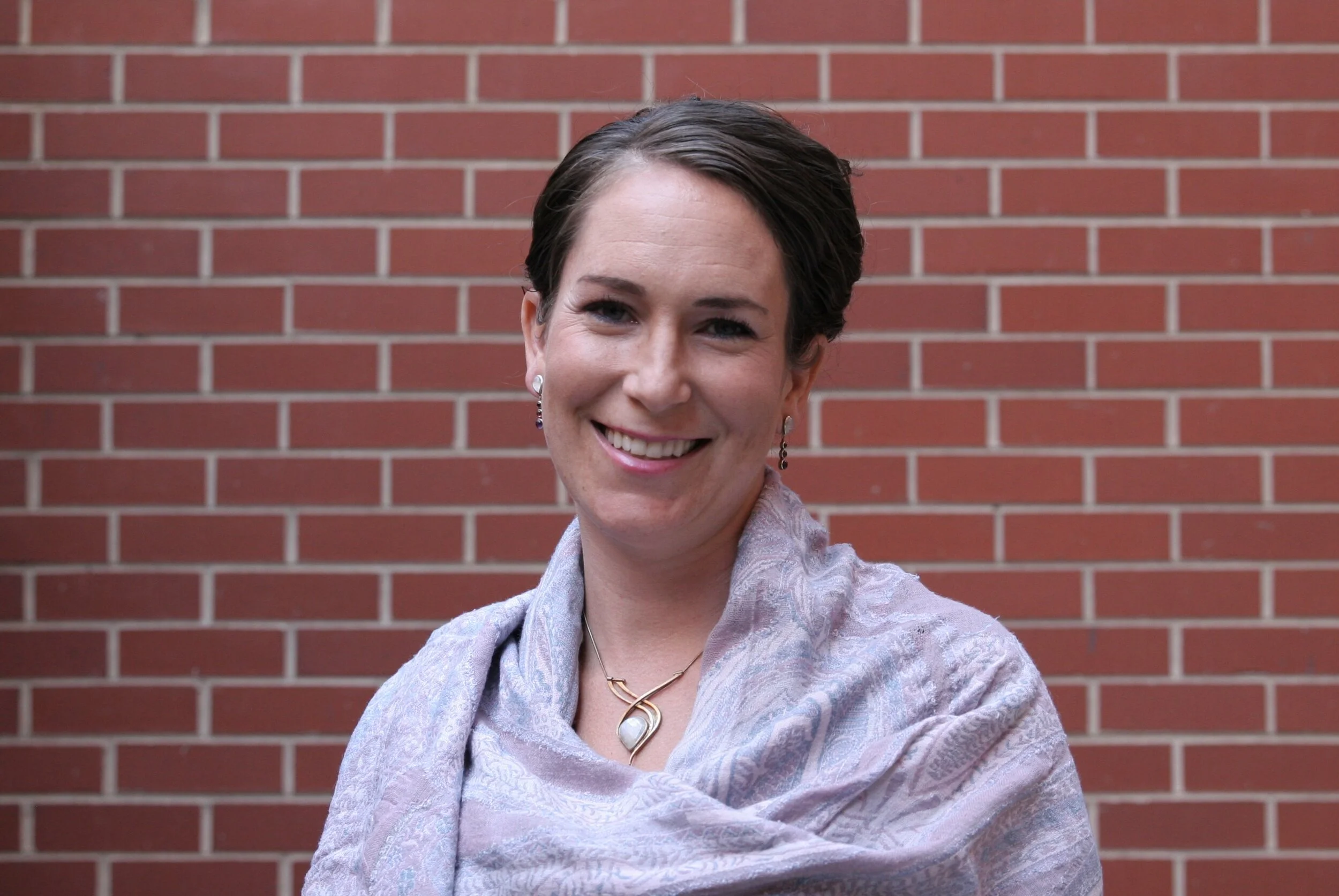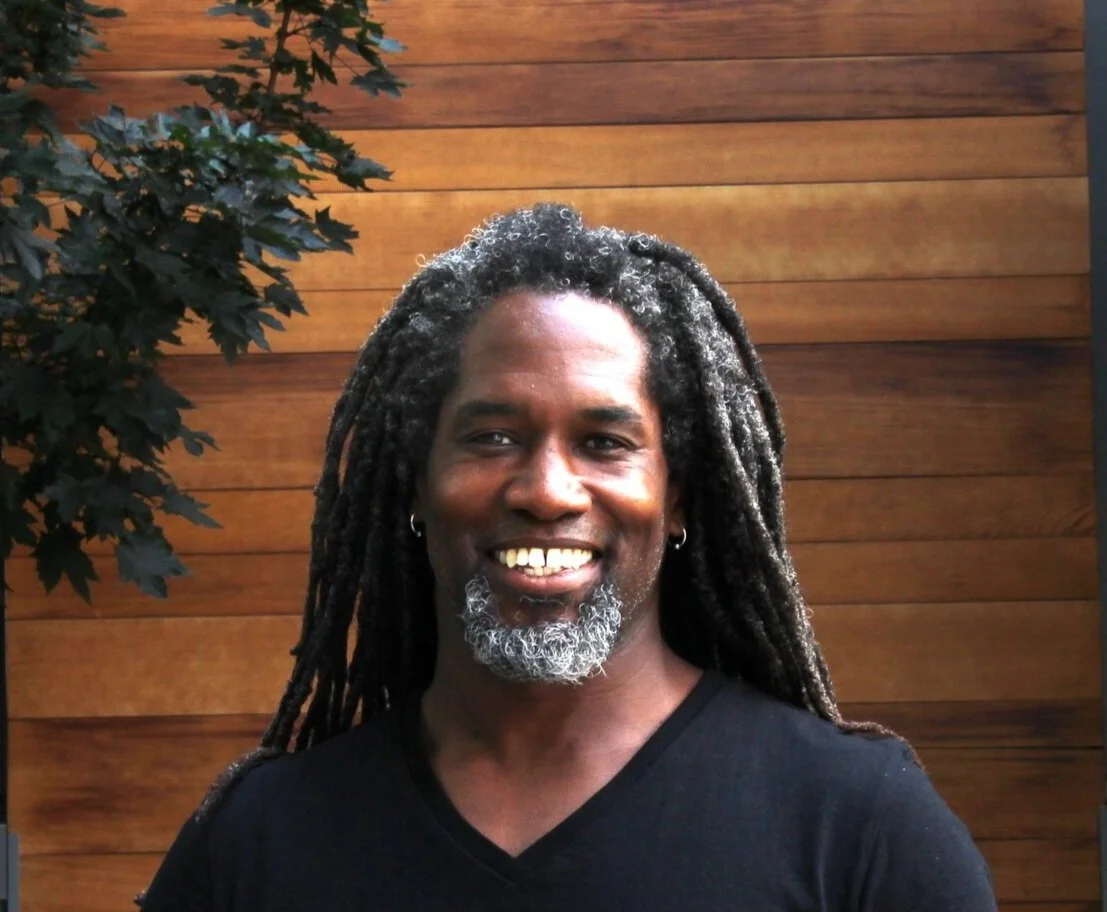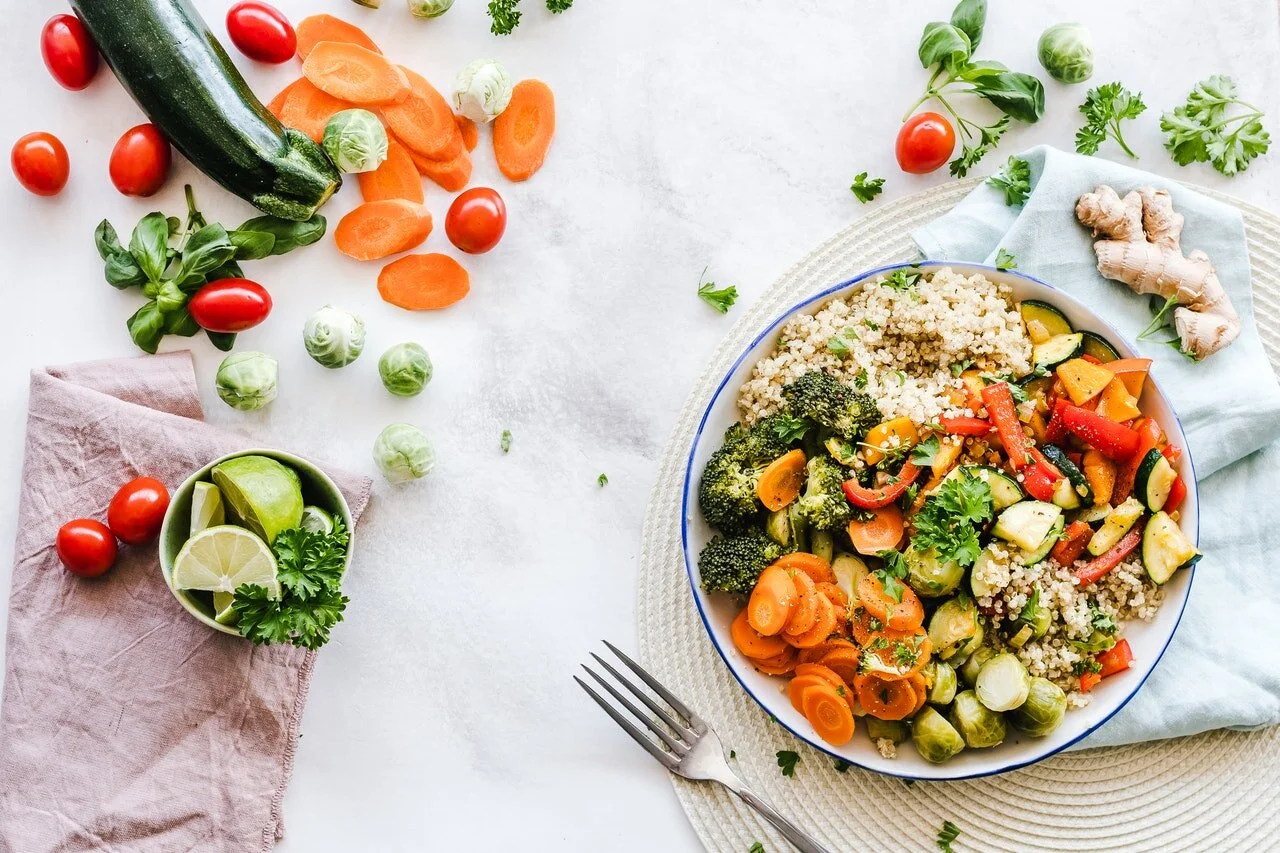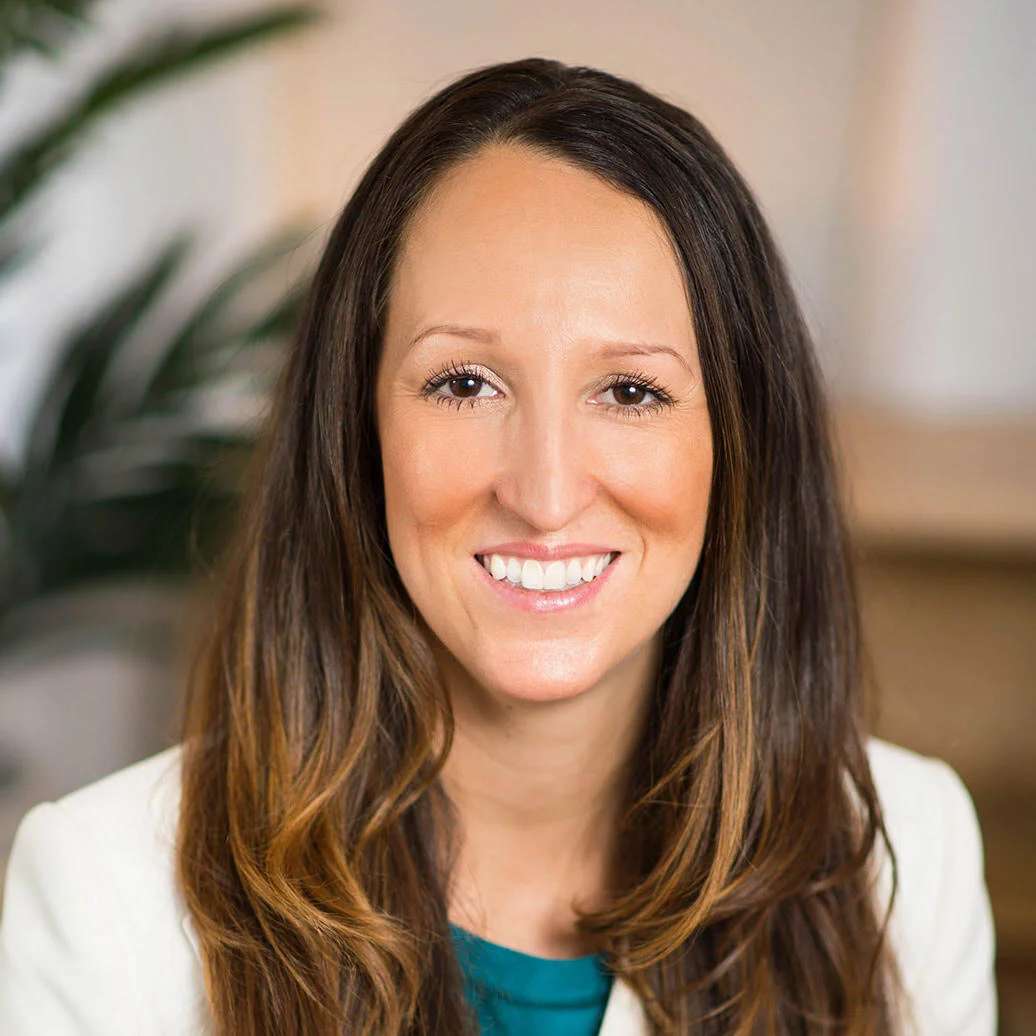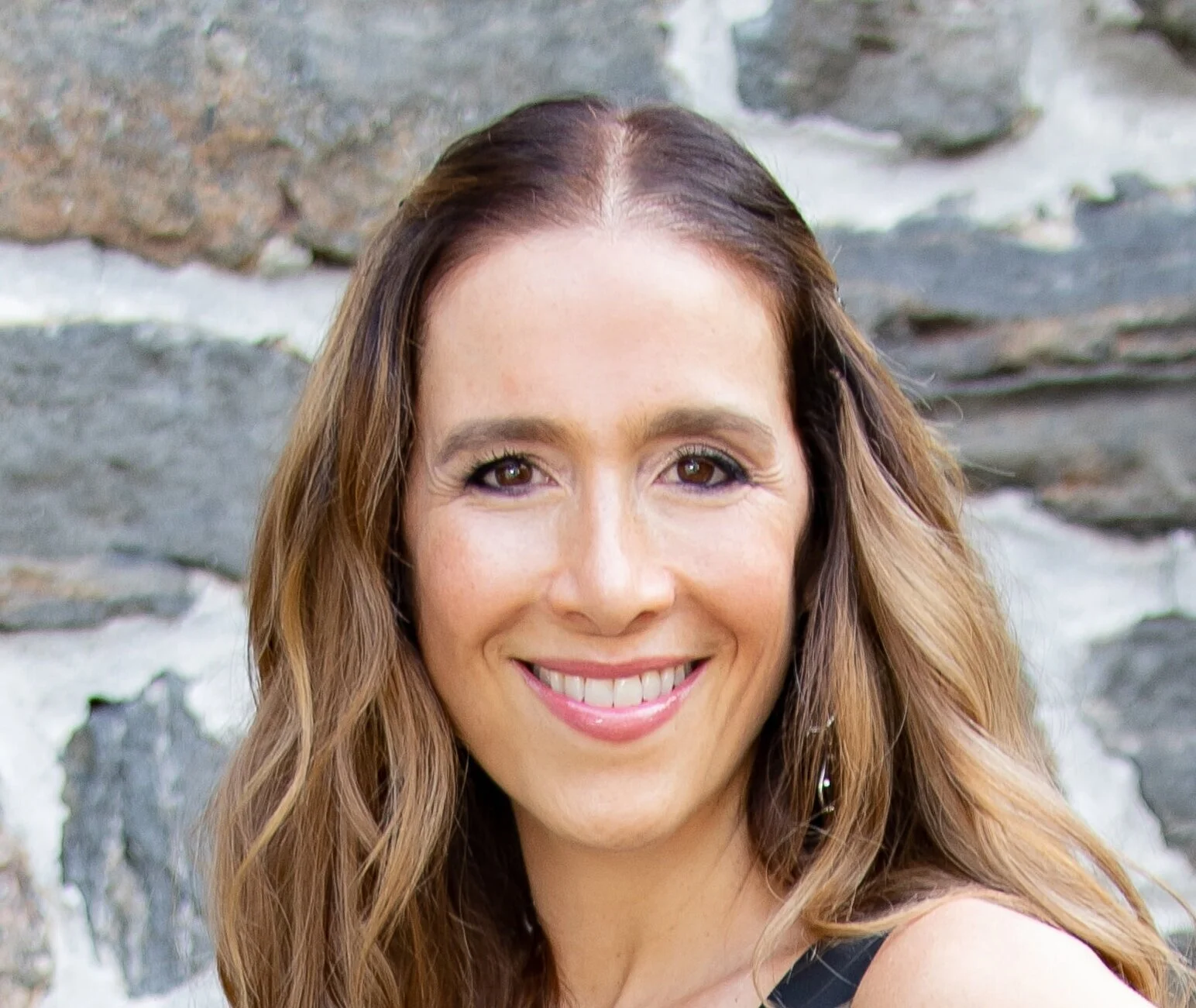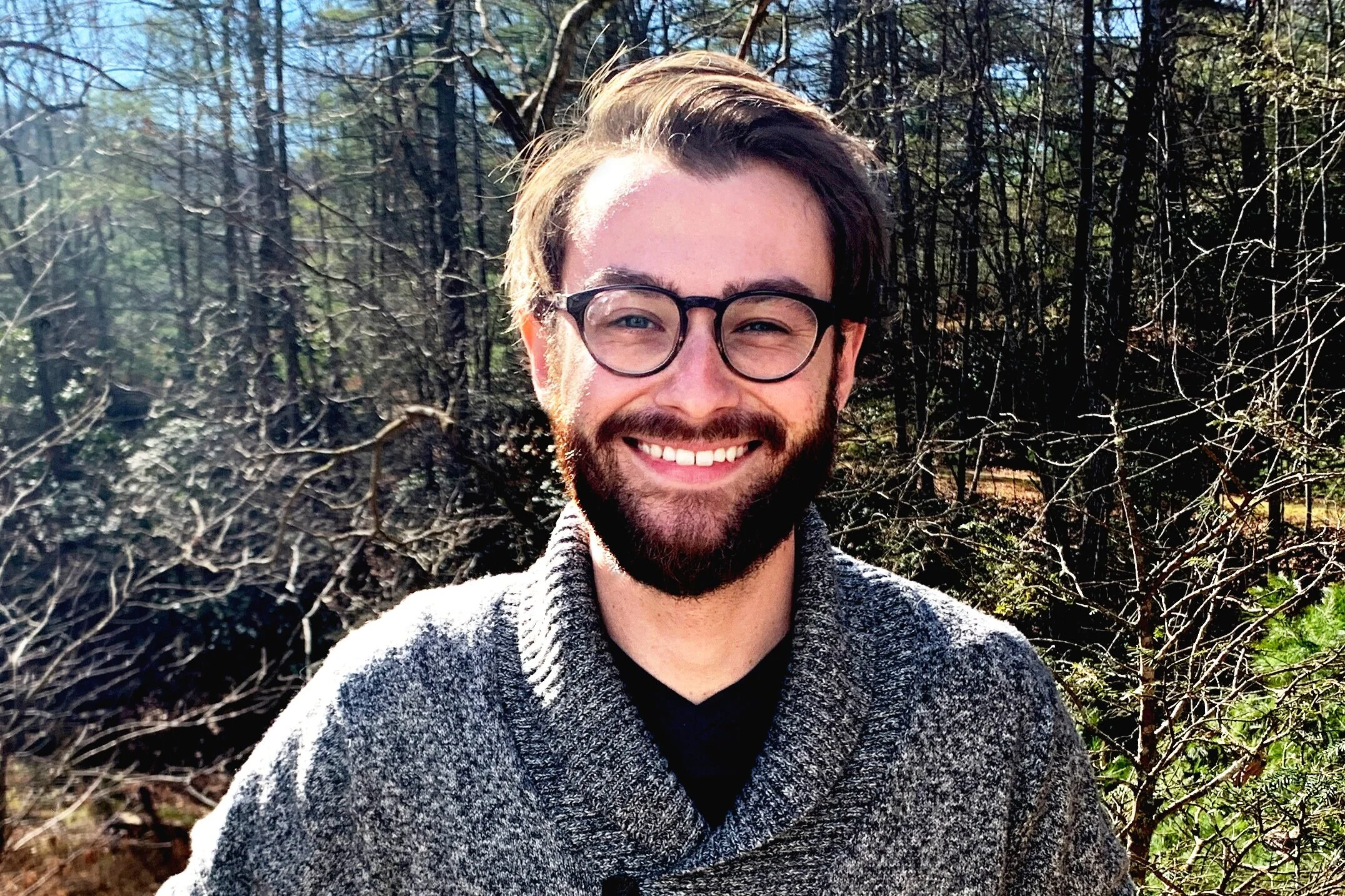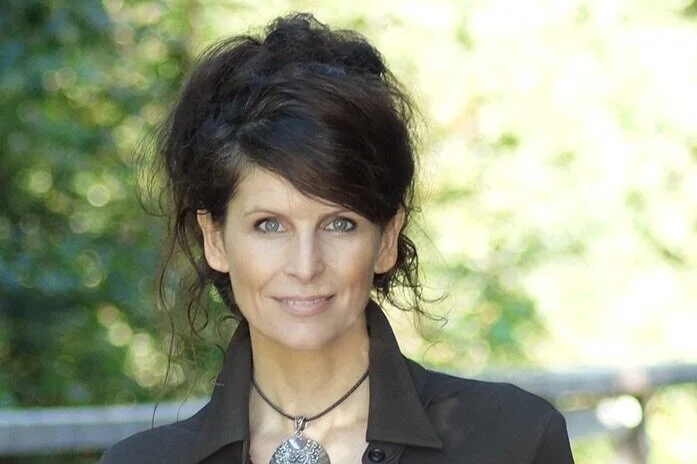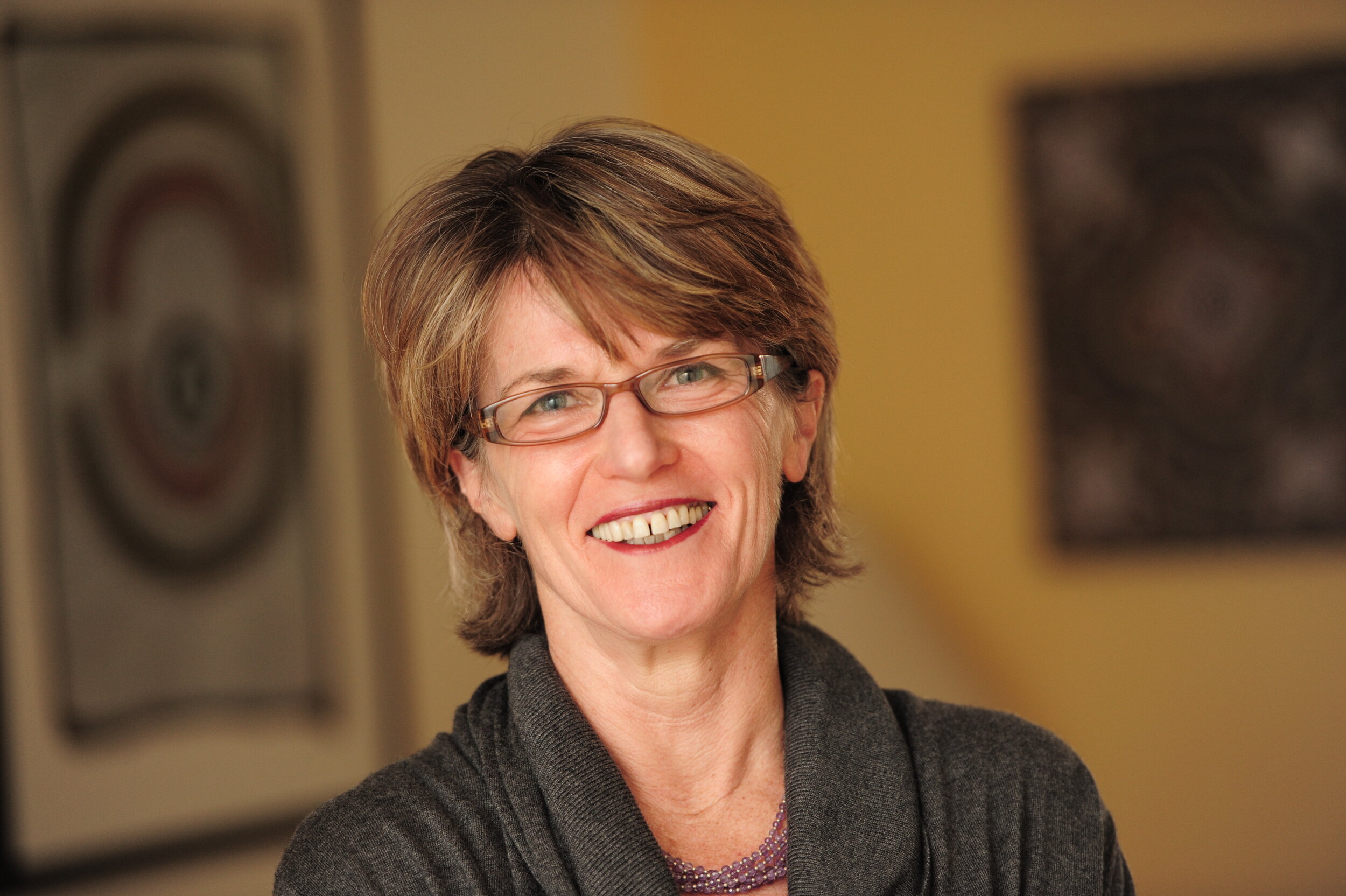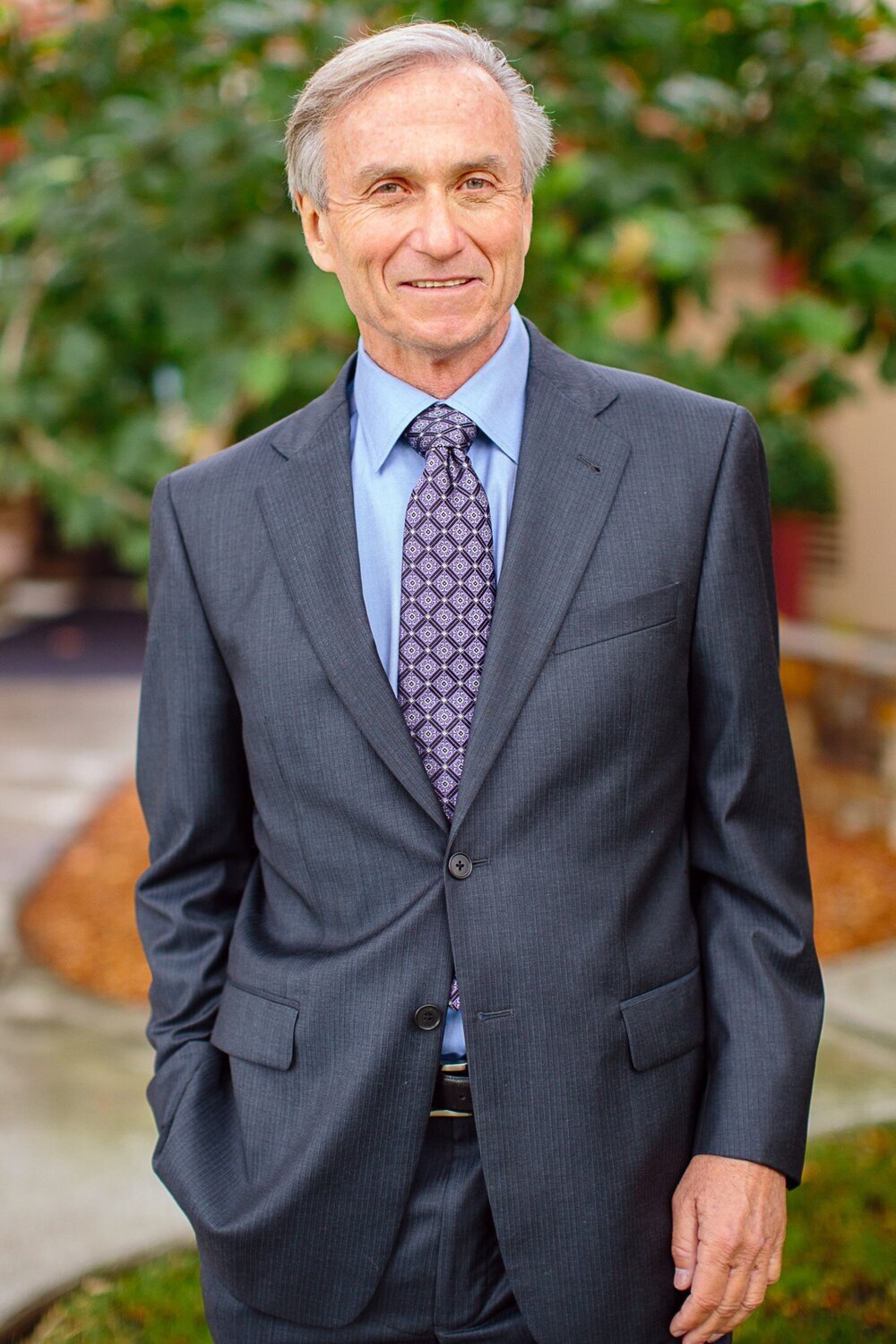Episode #25 - Our Cognitive and Emotional Connection to Film Narrative with Dr. Weik von Mossner
Welcome to “The Elements of Being” podcast, where I dissect and explore the minds and habits of psychologists, filmmakers, writers, and industry icons. Essentially, we examine the mental and emotional narratives and processes that steer the social stream of consciousness….Truly a chance to geek out over the psychology behind human behavior. Each episode is a glimpse into the trends and patterns of human behavior and the underlying influences that navigate us into different directions. Whether we primarily focus on nutrition or the unconscious, guests share insights, thought-provoking lessons, the nuances of creativity, and the elements of being….us.
In today’s episode, I examine our emotional connection to film narrative with Dr. Alexa Weik von Mossner….in particular, we focus on documentaries about veganism. She is a writer and ecocritical cultural studies scholar who works on American literature, film, and digital media. Dr. Weik von Mossner’s scholarly research explores contemporary environmental culture from a cognitive perspective with a particular focus on affect and emotion.
After working for several years in the German film and television industry, she earned her Ph.D. in Literature and is currently appointed as Associate Professor of American Studies at the University of Klagenfurt in Austria. Currently, Dr. Weik von Mossner is a principal investigator on the research project “Narrative Encounters with Ethnic American Literatures” as well as a researcher on the project “Cinema and Environment: Affective Ecologies in the Anthropocene”.
Along with other prominent researchers, she is developing a new interdisciplinary research field in the environmental humanities, Empirical Ecocriticism. Dr. Weik von Mossner’s academic book publications include Cosmopolitan Minds: Literature, Emotion, and the Transnational Imagination and Affective Ecologies: Empathy, Emotion, and Environmental Narrative. She is also the editor of Moving Environments: Affect, Emotion, Ecology, and Film and the co-editor of
The Anticipation of Catastrophe: Environmental Risk in North American Literature and Culture.
In our interview, here’s what we specifically discussed:
-Dr. Weik von Mossner’s experience in German television and her creative writing process.
-The foundation and long-term implications of cognitive ecocritical analysis.
-The depictions and narrativization of food and how they engage audiences.
-How the type of medium can change the imaginary culinary experience.
-Our emotional and neuro reaction to depictions of animal abuse, global warming, and food in general.
-The processes of liberated embodied simulation and how these processes are similar or dissimilar to real-life interactions with physical (edible) objects.
-How the narrative strategies of a documentary, such as Cowspiracy, are mutually reinforcing on the cognitive and affective level.
-The emotionalizing strategies of documentaries on veganism.
To learn more about Dr. Weik von Mossner, visit https://www.alexaweikvonmossner.com/!
